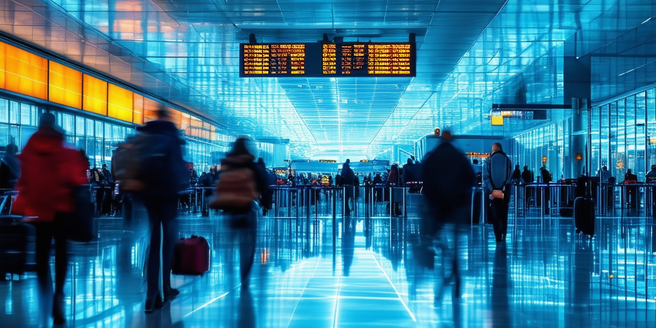
Understanding the Basics of Airline Passenger Rights
Airline passenger rights are laws designed to uphold fair treatment of individuals travelling by air, covering situations like ticket cancellations, delays, and baggage management. They dictate an airline’s responsibilities during disruptions like rerouting or emergency landings. Knowledge of these rights allows passengers to advocate for themselves during travel mishaps and reduces flight-related stress. These rights not only prevent exploitation by airlines but also safeguard passenger belongings and peace of mind. They establish a mutually beneficial relationship between airlines and passengers, facilitating communication of airline obligations and guiding actions if those obligations aren’t met. Understanding these rights is crucial for well-being during travel, contributing to a more harmonious, stress-free travel experience.
Key Legal Issues in Airline Passenger Rights
Numerous legal issues arise with respect to airline passenger rights, which encompass broad areas such as flight delays, cancellations, lost or damaged baggage, and denied boarding. These matters result in legal disputes frequently between passengers and airlines, often escalating to court litigations, due to divergent interpretations of policies or discrepancies in customer expectations and airlines’ legal obligations. For instance, flight delays and cancellations cause complaints and potential lawsuits when passengers seek compensation for inconveniences caused. Similarly, compensation demands emerge from passengers for lost or damaged baggage in the airlines’ care. Airline overbooking and subsequent denied boarding is another notable legal issue which leads to complaints and in extreme cases, to litigation. As such, these matters hold significant impetus for passengers, airlines, and legal professionals, ending up in exhaustive discussions and potential lawsuits. Hence, airline passenger rights present a distinctive subset of legal matters worthy of thorough scrutiny and discussion.
Case Studies in Airline Passenger Rights Disputes
Several case studies shed light on the various disputes that arise concerning airline passenger rights, showing an array of situations including, but not limited to, inadequate compensation for significantly delayed or cancelled flights. Often, these issues have led to lawsuits due to dissatisfaction with their resolution, thereby escalating legal actions within the airline industry. Additionally, airlines have sometimes refrained from providing proper redress for disrupted flights, failing to uphold the standard of customer service, and sparking questions around their commitment to consumer rights.
Comprehensive and unambiguous regulations pertaining to airline passenger rights are critical to prevent such situations. Without clear guidelines, airlines and passengers deal with ambiguity and potential misuse, leading to further disputes and potential legal battles. However, having regulations isn’t enough, robust enforcement mechanisms are essential to ensure adherence, maintain balance between airlines’ operational needs and passenger rights, and avoid damaging airlines’ reputation and undermining industry trust. Effective regulation and enforcement also reduce the likelihood of future legal battles, fostering a better understanding between airlines and their customers.
How International Laws Affect Airline Passenger Rights
International law dictates airline passenger rights, specifically through regulations like those of the European Union (EU). The EU ensures extensive protection for passengers traveling within or from any of its member states, which includes the right to compensation for significant flight disruptions. This means, passengers affected by flight delays, cancellations, or overbookings have a clear legal recourse. However, passenger rights are not globally uniform and may vary widely depending on the jurisdiction; some may offer protections equal to or exceeding EU laws, while others might offer less. Therefore, it’s crucial for travelers to be knowledgeable of their rights, providing them protection under unexpected circumstances.
Looking Forward: The Future of Airline Passenger Rights
The future of passenger rights in the airline industry is set for a major transformation, with expectations for increased consumer protections and transparency, thereby enriching the travel experience. The airlines are expected to provide more detailed information about pricing, delays, cancellations, and other travel elements, to maintain trust and transparency with passengers and reduce ambiguities.
The broader aim is to enact a universal standard of rights applicable across jurisdictions, leading to an international unification within aviation that provides consistent and equal protections to all passengers. However, persistent debates and challenges, such as resistance from the airline industry, indicates the path towards achieving these goals will not be straightforward. The complexities involved in the negotiations and regulatory adjustments suggest that passengers may need to wait before these changes are implemented. Achieving a balance between consumer rights and industry requirements would entail significant deliberation and diplomacy to ensure the needs and rights of the passengers are not compromised while maintaining a competitive airline industry.
